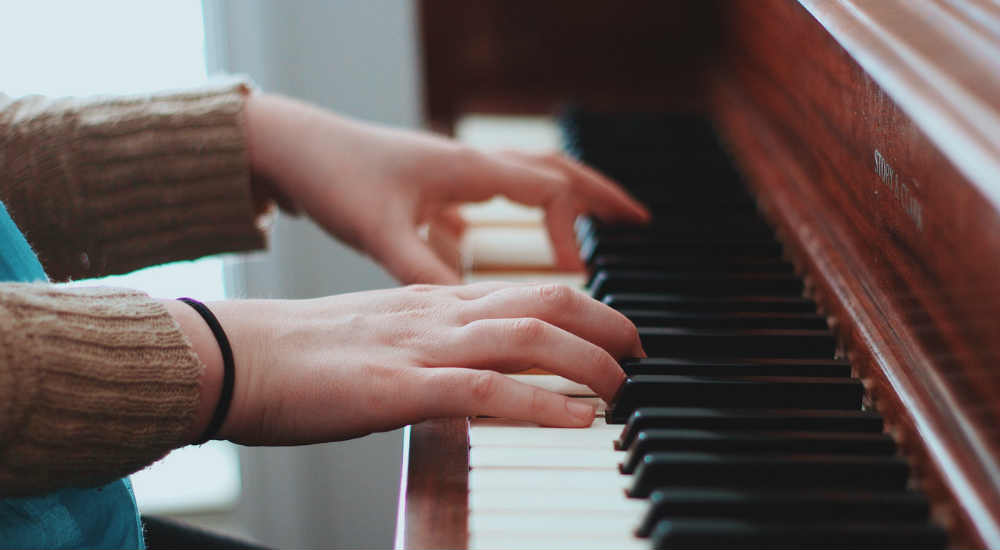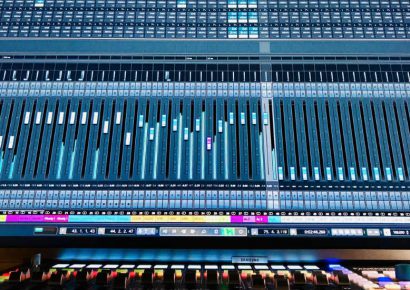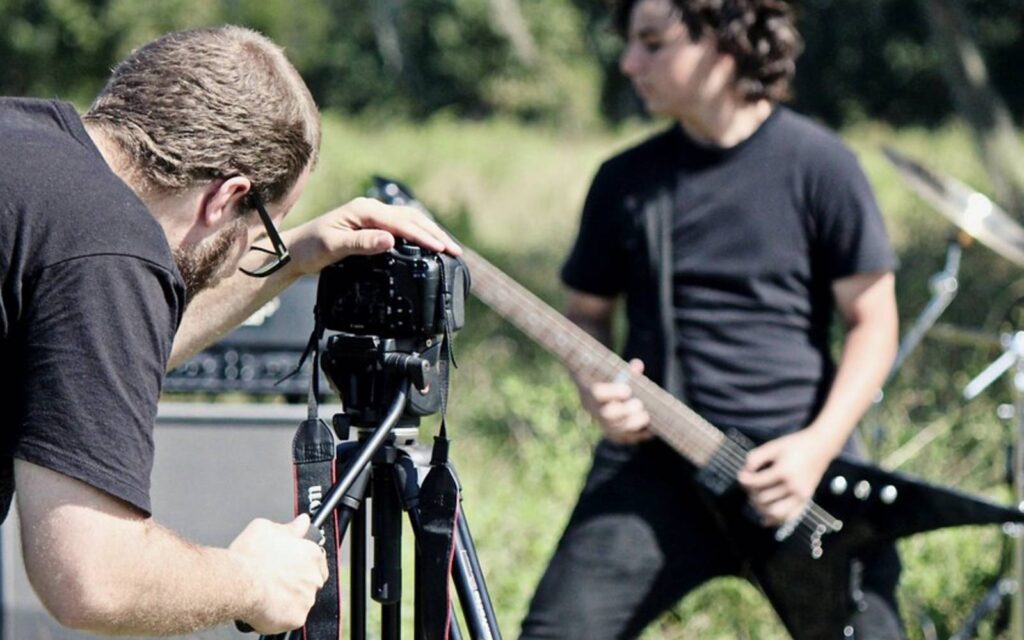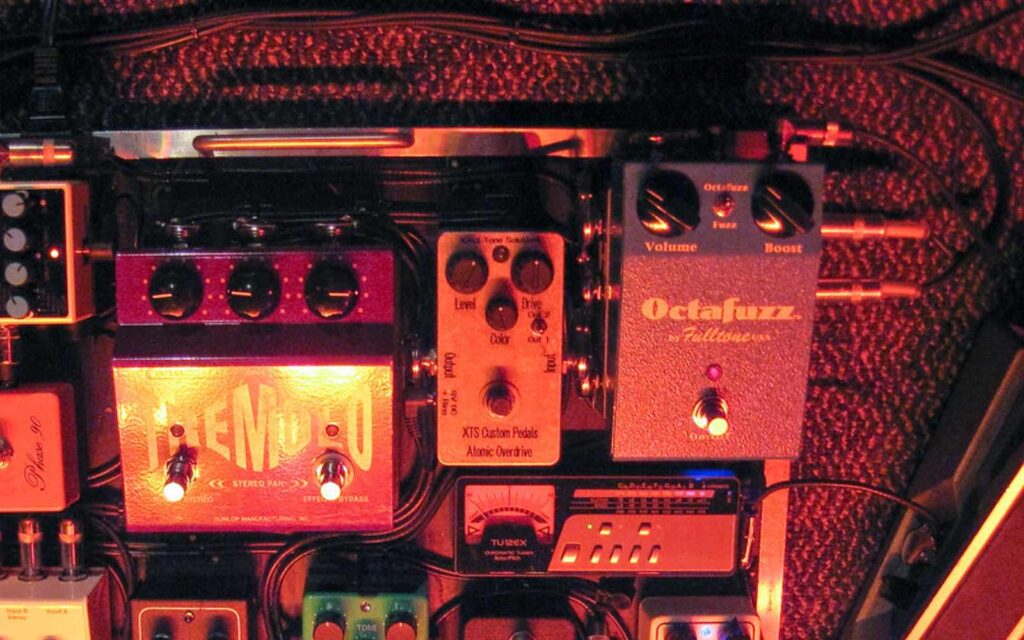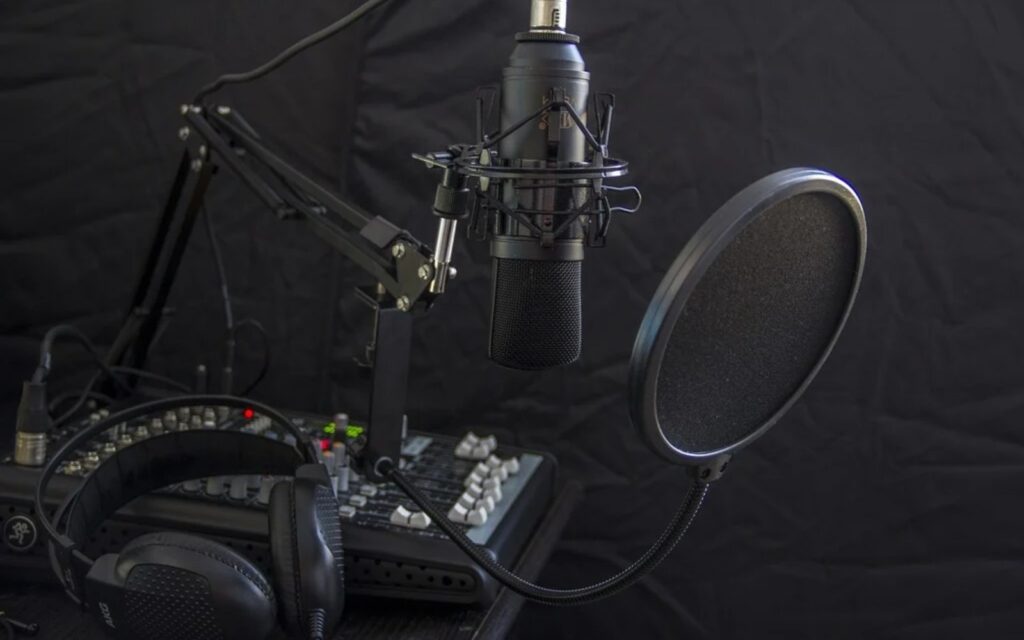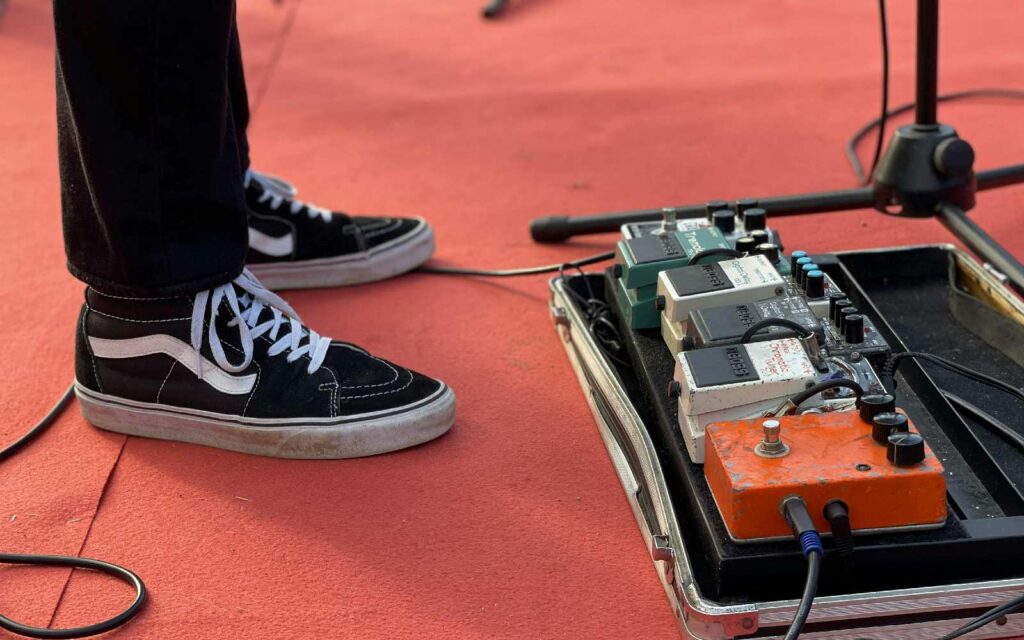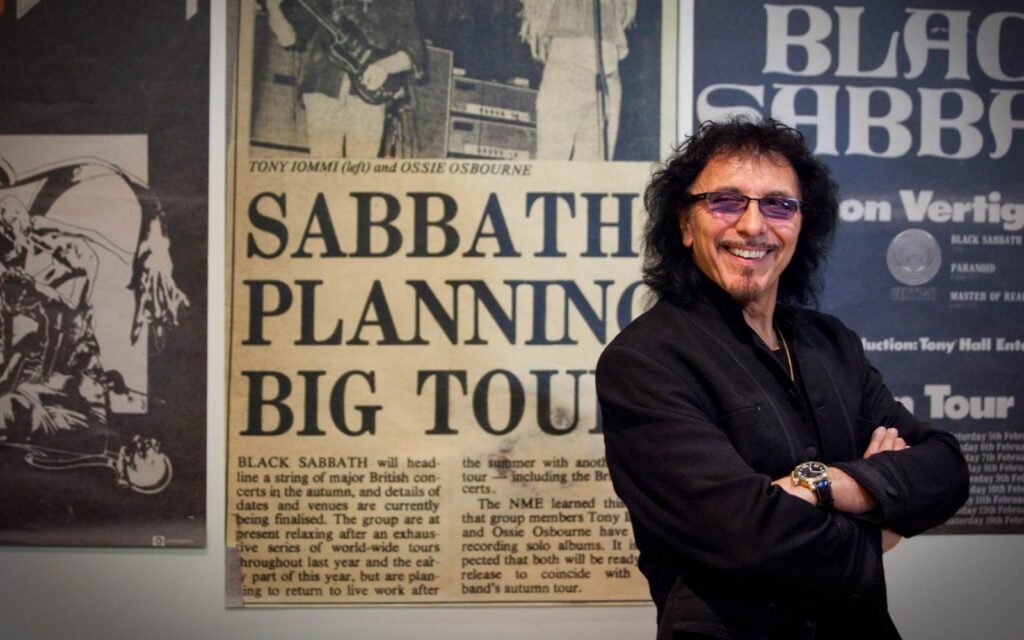Thom Yorke once said, “Anyone can play guitar,” and maybe that’s the point. If you want to stand out amidst hundreds of musicians fighting for their time in the spotlight, you need to aim higher. Anyone can play an instrument if they set their mind to it, but excelling at your craft requires dedication, hard work, and a healthy competitive streak within yourself purely for the purpose of being the best artist you can be.
Take joining an orchestra, for example. After spending the majority of your time playing as a solo artist, throwing yourself into an environment with twenty other musicians can be quite intimidating – and so it should be. The level of respect when you walk into that rehearsal room should be sky-high. Here are musicians, either amateur or professional, who have honed their craft and can play notes you can only dream of reaching. These are the people you should look to for advice, the ones to draw on for inspiration. They’re leading their section for a reason, and by comparing your playing to theirs, you’ll find your motivation to improve has never been better.
Sure, seeing other musicians at the top of their game isn’t always the most inspiring observation. Frankly, it can be disheartening. It’s perfectly natural to watch from afar and wonder why you don’t sound like that. The crucial part is what you do next: wallow or grow. If you compare yourself to others and don’t try to be the best musician you can be, you’re settling – and if that’s where you’re happy to be, there’s nothing wrong with it. But if your sights are set on something more, this is the time to take a different approach. Look at another’s playing ability and do everything in your power to climb to that level, and you’ll be excelling. Give it some time and you’ll become the inspiration.
But to reach such heights means avoiding one of the most dangerous traps of musicianship: resting on your laurels. Yes, there’s no better feeling than absolutely nailing a piece you’ve been practising for weeks, but why stop there? Don’t settle for playing the pieces you know like the back of your hand; set aside a few hours to tackle the ones that make your head ache just looking at them. You’ll thank yourself for it.
Many musicians will point to someone who has reached astronomical levels of fame with their art and say, “I want to be like that.” The problem arises when the effort doesn’t match the goal. You truly get out what you put in, and your dreams are likely to stay out of reach if you readily fall into a complacent mindset.
Of course, international acclaim isn’t the goal for every musician. Some goals lie in the back room of your local venue, where a band is preparing to take to the stage. Others are found in recording studios where session artists lend their skills to a track whenever they’re called upon. Music isn’t like other professions. The ultimate goal doesn’t lie atop a socially-constructed hierarchy. Instead, your aspirations are wherever you place them, not on a ladder, but on a landscape shared with your fellow musicians. Where you fit in is entirely up to you.
But one thing remains true whether you’re aiming for a residency at your local pub or planning a route to a Grammy Award: you won’t be the best musician you can be if you’re content with where you are. Always push for more. Try the piece that makes your fingers bleed. Play that chromatic scale at double-speed fifty times in a row until you get it right. Watch what others around you do and let life imitate art. Aim to be as good as your musical hero, whether that’s someone whose name is instantly recognisable or your bandmate whose skills are second-to-none, because inspiration can be found at all levels of music. Those around us are the perfect place to start.
To compare yourself is to better yourself – within reason. Hold yourself up to the expertise of legends, but don’t be shocked when your playing doesn’t rival their own. These musicians are exceptional, and perhaps we’ll never play as well as they do. But the lesson is not in comparing virtuosity, but in finding musicians who make you want to aim higher. If they can do it, why can’t you?
It’s not about being the best; it’s about being your best. And while that sounds like something your primary school teacher would ask the class to chorus together, it rings true well into your adult life. Compare your musicianship to others to better yourself, not to be the best. Music isn’t a competition you need to win against others, but one you should enter against yourself. Compete with the musician you were yesterday to become more like the one you want to be today. Compete with the idea of the musician you are as opposed to the musician you know you can be. Know yourself and your limitations, but just as importantly, know your aspirations and practice accordingly. Being the best musician you can be won’t come from settling for the musician you are now. Whether you’re an amateur or professional, there’s always room to improve, and that’s perhaps the biggest motivator of all.
Need more practise tips? Here’s something to help get you motivated.
